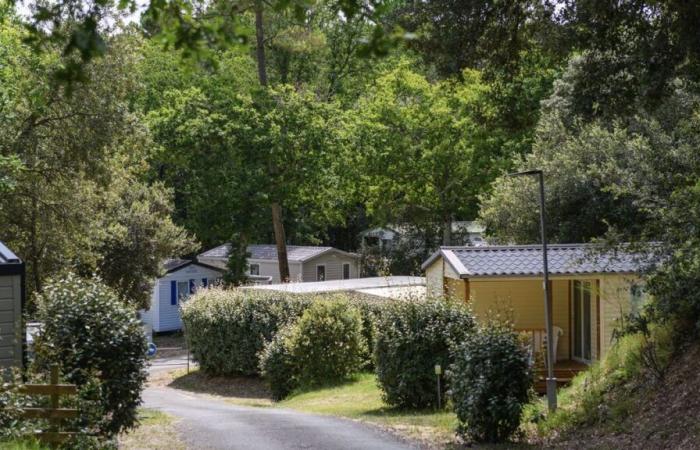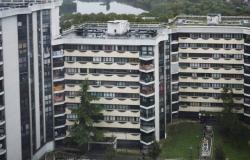
If nothing changes, Charente-Maritime will lack drinking water in the decades to come, like many other departments in France. After a summer of 2022 “under high tension”, the department would not have been able to withstand, in 2023, a new summer and tourist season combined with an intense heat wave and drought. The incident did not occur, but led Eau 17 – the Charente-Maritime water union – to work on a very serious “prospective study”, of which the union has disclosed some results in recent months. Meetings will be organized with its member municipalities in the spring.
One of the main challenges is that of resource distribution. The south of Charente-Maritime has significant water reserves, unlike the coast – and more particularly the islands of Ré and Oléron – which sees its population increase tenfold in summer. How can we avoid running out of fuel when consumption is multiplied by four on the Ile de Ré and by six on the Ile d'Oléron? Around a hundred scenarios limited by the years 2035 and 2050 have been put together by Eau 17 to prepare the territory for these major upheavals. We might as well announce it from the outset: these results promise some cold sweats for elected officials and call for awareness.
“It’s worrying, we can’t continue like this. We must find solutions to guarantee future generations the quality of water and its distribution throughout the territory,” bluntly summarizes Oléronais Christophe Sueur, president of Eau 17. Among the hypotheses, a network could be built from the south of the department in order to transport water to the coast. Its price? More than 100 million euros, without even mentioning its operating cost and the technical difficulties to be resolved to cross sensitive municipalities and natural areas, adds Christophe Sueur.
Other scenarios rely on prices. Differentiated prices in summer and winter are thus outlined. Smoothed over the year, this option would guarantee an identical price to permanent residents and would in reality target summer visitors, affirms Christophe Sueur.
-“It’s not a blueprint that I will validate. We will create disparities, frustrations. We need tourists. And there is no question of focusing the effort on second homes,” retorts Michel Parent, the president of the Oléronaise community of communes. For drinking water, this island depends “95%” on the continent, recognizes the elected official who calls for more “sobriety” and water savings.
Another sensitive scenario: a higher price imposed on the 350 campsites – the biggest summer consumers – which dot the department. “These costs will be passed on to customers, that is not the right path. It is better to work on technical solutions to reduce consumption and accelerate water recovery,” believes Laurent Brizard, secretary of FDHPA 17 (Federation of outdoor hotels in Charente-Maritime).
Next April, Eau 17 will bring together its member municipalities to decide on the future directions to prioritize. “We have not made any decision,” insists Christophe Sueur. If he hopes to reach a consensus, no decision will come into force “before 2028, at best”.





